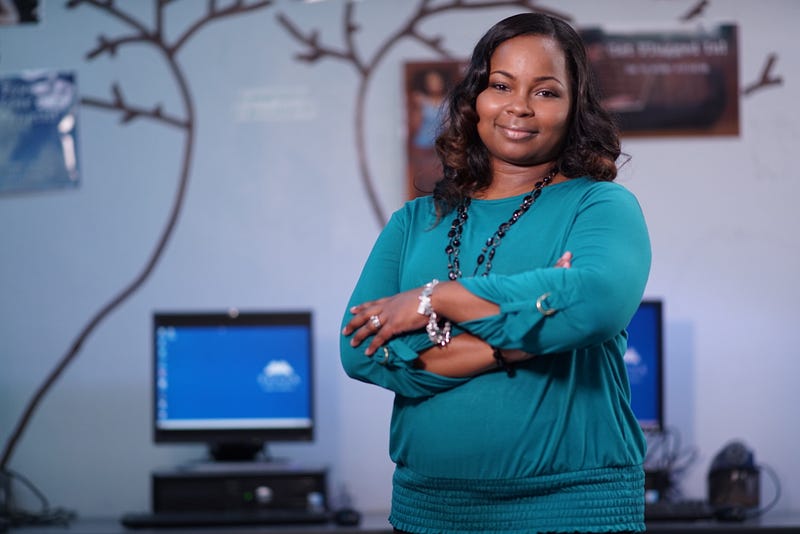19 Tips for Successful Parent-Teacher Conferences
Check out these ideas for productive meetings and good relationships.

When educators can work together with a child’s parents toward common goals, we vastly improve the atmosphere for learning. Remember that most successful teacher-parent teams begin with a conference — usually one conducted before there’s a real need to meet. Good luck!
1. Make contact early. Get your relationship off to a good start by contacting parents early in the year with an email or newsletter. Outline the year’s coursework and let them know you’ll be happy to meet with them during the year. Check with your administrators for your school’s policy on parent/guardian communication.
2. Invite both parents and caregivers. Encourage the involved adults to attend when possible. Misunderstandings are less common if both parents hear what you have to say, and you can gauge the kind of support the child has. Remember: Each parent/caregiver may not be available. Be careful not to unwittingly hurt a child’s feelings by assuming meetings are easy to schedule.
3. Get the name and relationship right. Assume nothing. Check your records ahead of time to make sure you have the names and pronunciation right. Don’t assume that the gray-haired man is a grandfather. Ask.
4. Plan ahead. Have in mind a general — but flexible — outline of what you’re going to say.
5. Greet guests near the entrance they’ll use. You’ll alleviate anxiety and frustration, and visitors will feel more welcome.
6. Use body language. Nonverbal cues set the mood of the conference. Smile, nod, make eye contact, and lean forward slightly. You’ll appear interested and approving.
7. Forget the jargon. Education jargon like “criterion-referenced testing,” “perceptual skills,” and “least restrictive environment” is a turn-off.
8. Ask for opinions. Let it be known that you’re interested, eager to answer questions, and will work with them throughout the year.
9. Focus on strengths. It’s very easy for parents to feel defensive because many of them see their own faults in their children. You can help by reviewing the child’s strengths and areas of need, rather than by dwelling on criticism or stressing weaknesses.
10. Be ready for questions. Be prepared to answer specific questions such as: What is my child’s ability level? Is my child working up to his/her ability level? How is my child doing in specific subjects? Does my child cause any trouble? Does my child have any specific skills or abilities in schoolwork?
11. Get your papers organized in advance. Assemble your grade book, test papers, samples of the student’s work, attendance records, and other pertinent data ahead of time.
12. Avoid physical barriers. Arrange comfortable conference-style seating so that you’ll all feel equal.
13. Structure the session. As soon as the parents arrive, review the structure of the conference.
14. Stress collaboration. Let the parents know you want to work together in the best interests of the student.
15. Listen to what parents say. You’ll get more out of a parent conference if you listen carefully to what parents are saying to you.
16. Ask about the student. You don’t want to pry, but remember to ask if they think you should know anything special about the student that may affect schoolwork.
17. Focus on solutions. Many conferences are held because there’s a problem somewhere. Focus on solutions rather than problems. Plan a course of action.
18. Don’t judge. A child’s caregivers or parents may lead a very different lifestyle than your own — communicating your judgment of their attitudes or behaviors won’t be productive.
19. Be specific in your comments. Instead of saying, “She doesn’t accept responsibility,” say: “She had a week to finish her book report, but she wrote only two paragraphs.”

